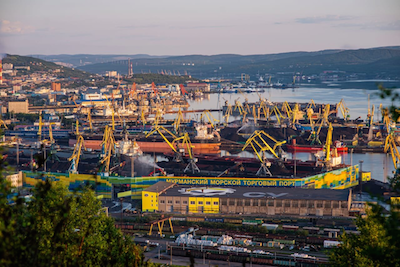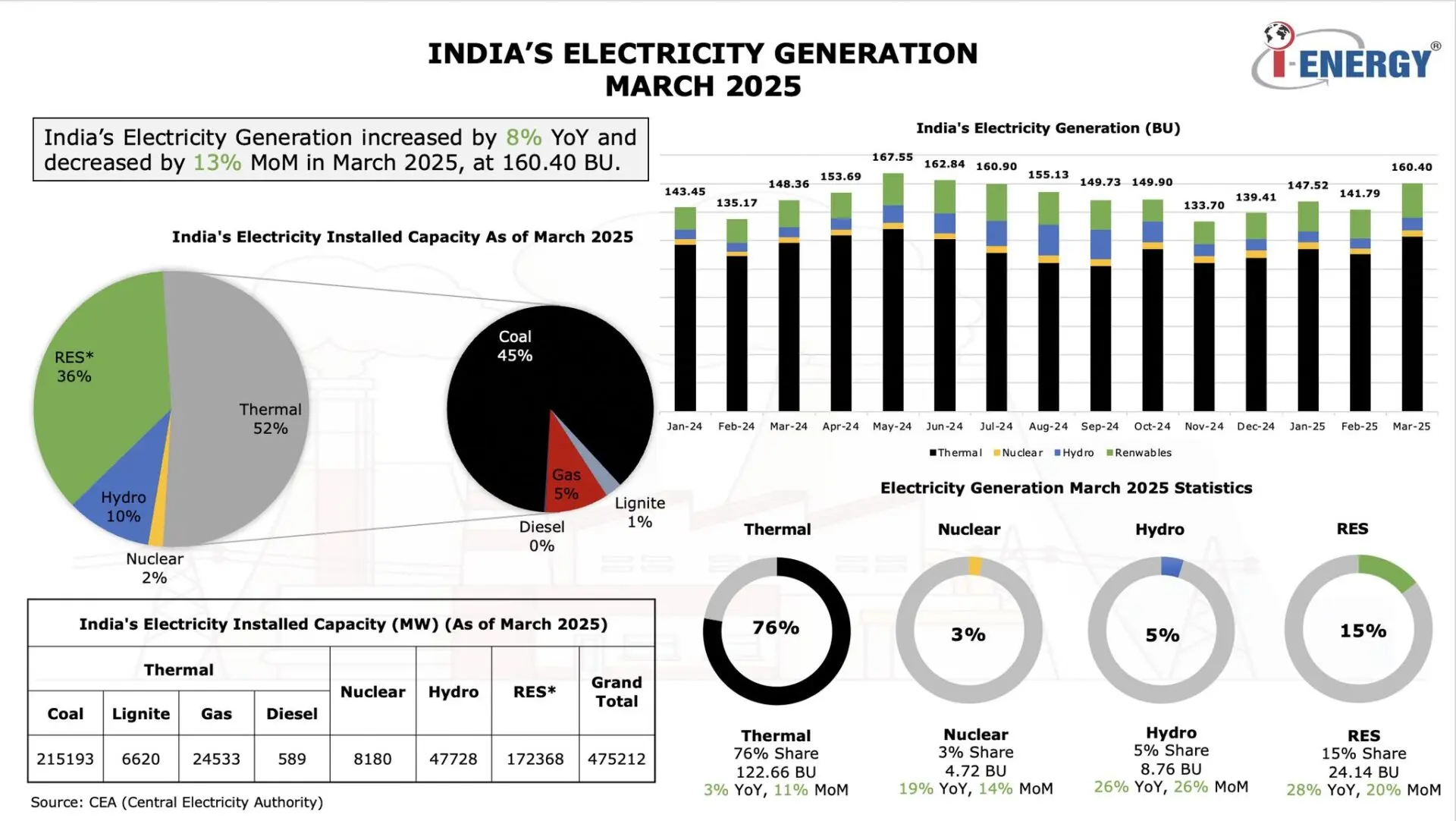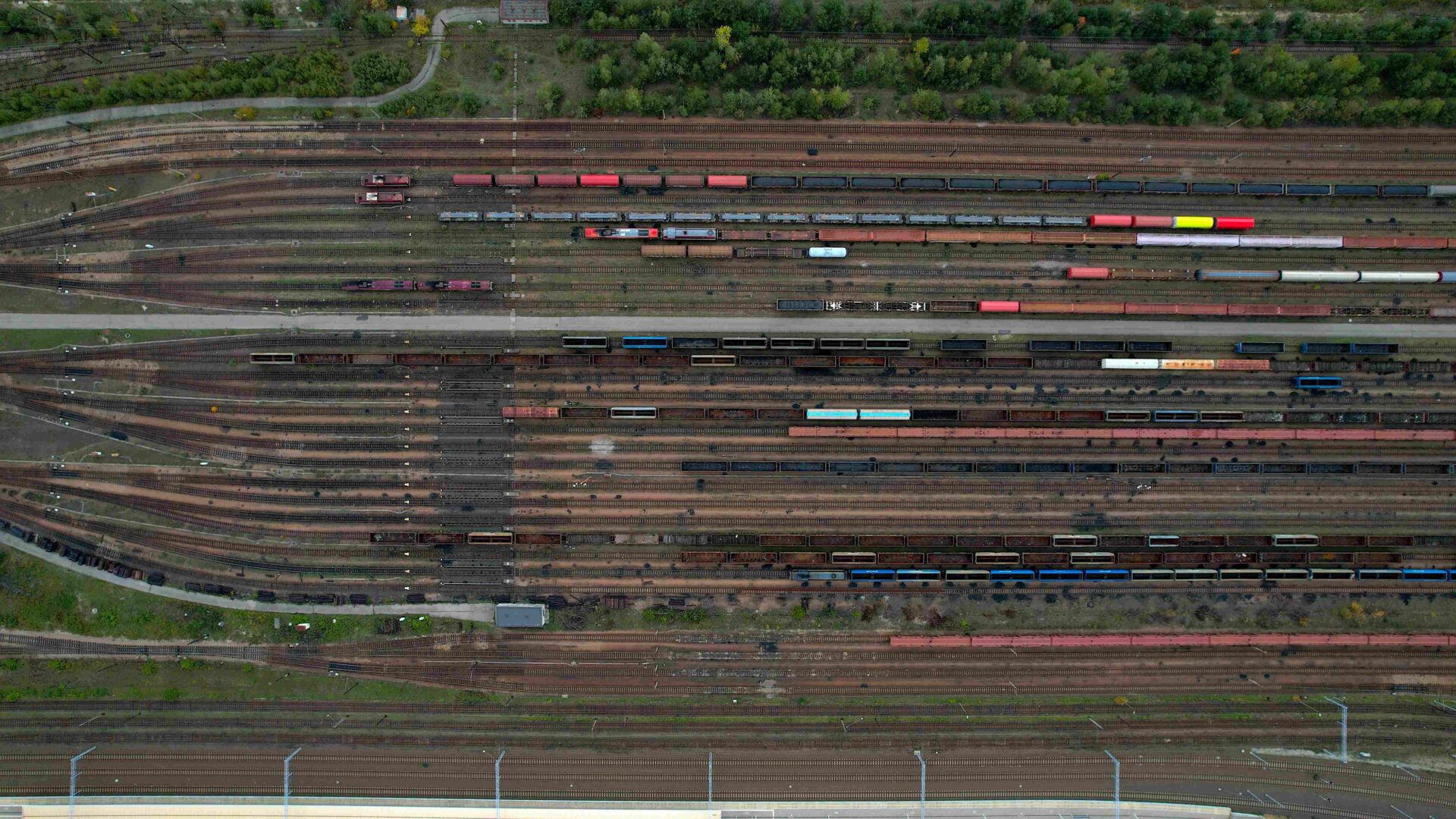
(Source: CAA, June 26)
This week European coal indices have been bolstered by higher gas prices and heightened trading activity in the paper market. Decline in European LNG imports from the US shored up TTF gas prices. Increase in a number of trades in the paper market made a positive impact on API2 index. Nevertheless, negative market fundamentals such as abundant coal reserves at ARA terminals and comfortable average daily temperatures in the EU countries, dampening the demand of local coal-fired plants, maintain pressure over coal prices.
FOB Richards Bay quotes dropped as the monsoon season in India continue sapping demand of Indian buyers for South African imported material. The market brushed aside news of the shutdown of Transnet’s rail lines to the Richards Bay Coal Terminal after the derailment of the train, since, according to traders, coal reserves in the port of Richards Bay are enough to meet the current level of demand.
In anticipation of further escalation in import controls, some Chinese consumers are seeking to increase stocks of imported coal. This interest supports the NEWC globalCOAL indices at the current level. However, a number of enterprises in China are forced to renege upon booked shipments during the high demand season, due to the exhaustion of customs quotas. According to market participants, a lack of a single state register of allocated quotas for ports and customs districts in China leads to uncertainty with distribution of import quotas among local consumers.
The decline in Indian demand and customs restrictions in China weakened the FOB Kalimantan indices. Given falling prices in the export market, companies, lobbying for the interests of coal enterprises, urged coal producers to reduce supplies by up to 40-60 mio t in H2 2020 to support FOB Kalimantan price. According to the current government production guidance, 550 mio t should be mined in 2020 with 230 mio t already produced in January-May 2020.
Chinese enterprises, seeking to purchase imported coking material before the public holidays June 25-27, supported Australian metallurgical coal indices.
Amid the economic crisis, caused by the spread of Covid-19, steel producers are closing enterprises and cutting jobs.
Follow CAA on Twitter:
[tfws username=”CAA_Analytics” height=”700″ width=”350″ theme=”light” color=”#FAB81E” tweets=”2″ header=”yes” footer=”yes” borders=”yes” scrollbar=”yes” background=”yes”]



